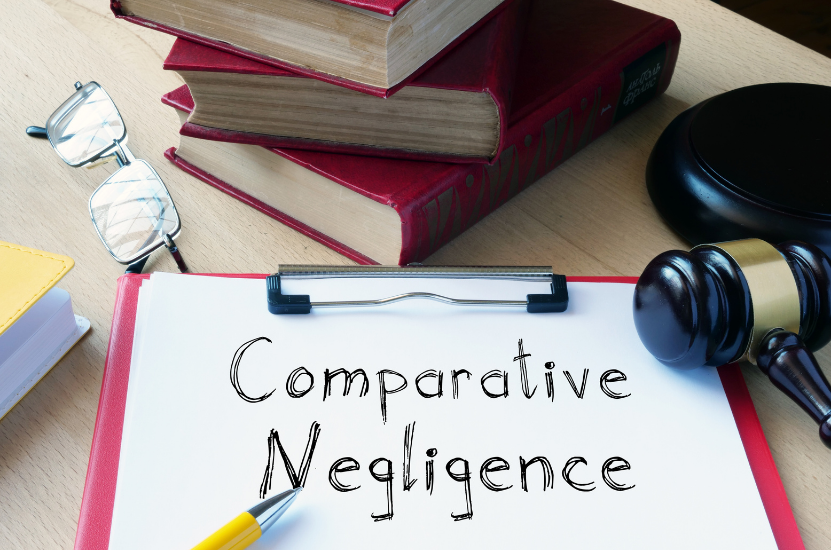In a perfect world it would be easy to determine the monetary value of your personal injury case. There would be a mathematical formula that you could plug in the facts and values of your claim and it would spit out the full and fair value for your case. Unfortunately, life (much like the law) is complex and filled with shades of gray. There is no perfect method to calculate a plaintiff’s damages or determine what would be a full and fair compensation for their injuries. Which is why it often takes a doggedly zealous attorney to advocate on your behalf to ensure that you receive the maximum compensation. However, what I want us to think about today is what happens when you are injured in a car or motorcycle accident and determined to be partially at fault. First, I want to stress that even if you were determined to be partially at fault for an accident you may still be able to recover damages for your injuries.
California has adopted the doctrine of pure comparative negligence when determining a party’s liability. This means that an individual injured in an accident may still recover damages even though they are partially at fault. In fact, an injured party will be allowed to recover damages even if they are found to be 99% at fault for the accident. This means that a party is only liable for the degree of harm that their actions caused.
Now, what does this mean to you if you’re found to be contributorily negligent for the accident? Let’s assume that your case has progressed all the way through the litigation phase and a jury has awarded you $1,000,000. However, during trial certain facts came to light which indicated that you were partially at fault for the accident and the jury assigned 50% negligence to you and 50% negligence to the defendant. Well, the good news is that you will be able to recover some of your damages. The bad news is that your $1,000,000 jury verdict has been reduced to $500,000 based on your comparative negligence. While this outcome is not ideal for the injured party it still provides compensation for their pain, suffering, and economic damages based on the fault of each party. Finally, don’t assume that just because a police report has assigned some or all of the blame for the accident to you that you are not entitled to compensation for your injuries. Generally speaking, a police report is not admissible at trial and the ultimate determination of liability (and the distribution of fault) are questions of fact and law for the court.
If you have been injured in an accident, even if you were partially at fault, you may still be entitled to recover damages.




